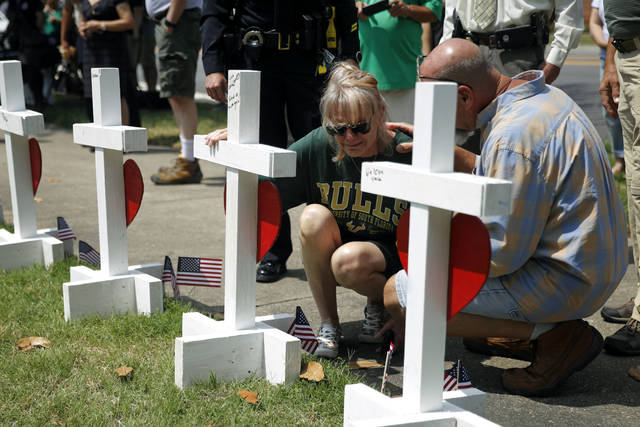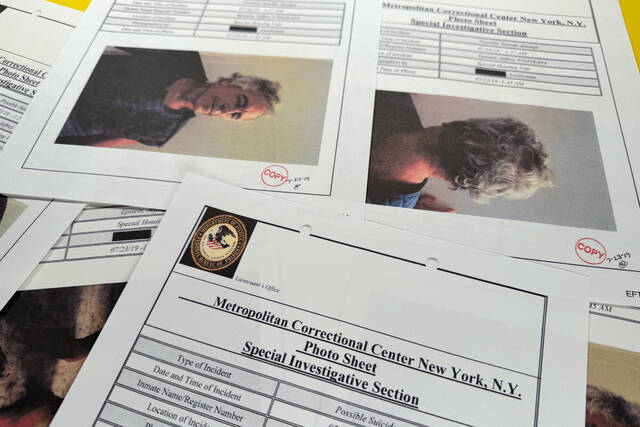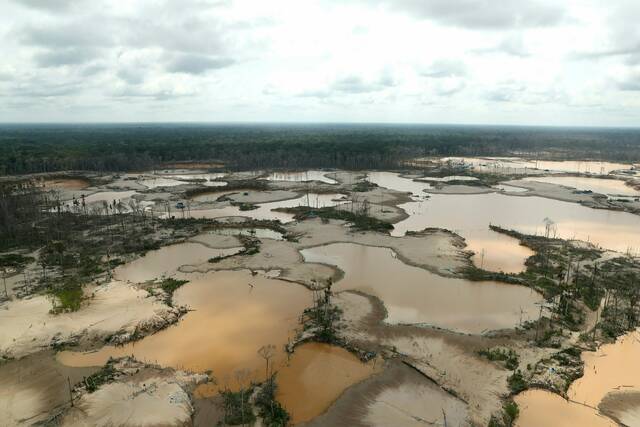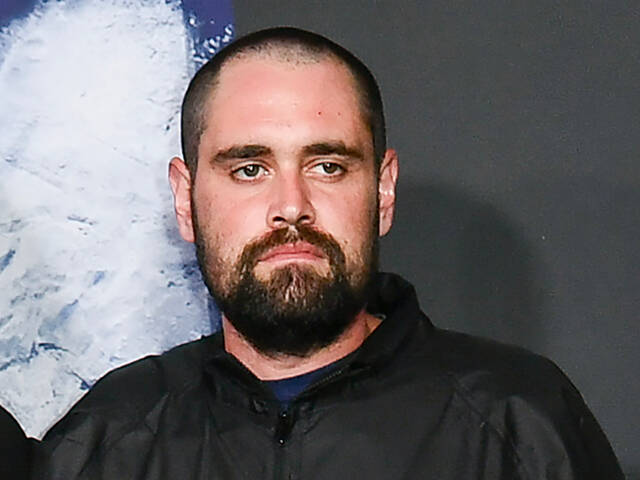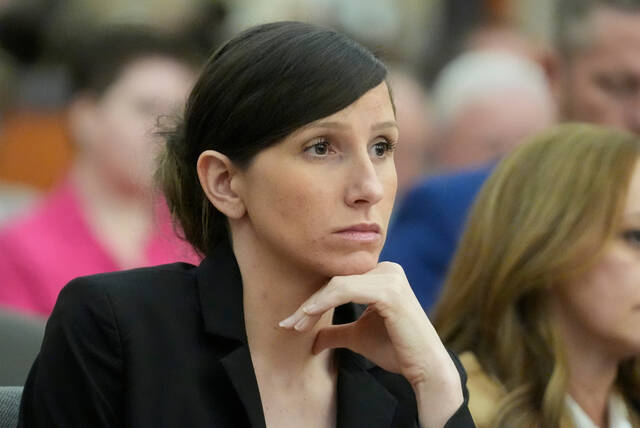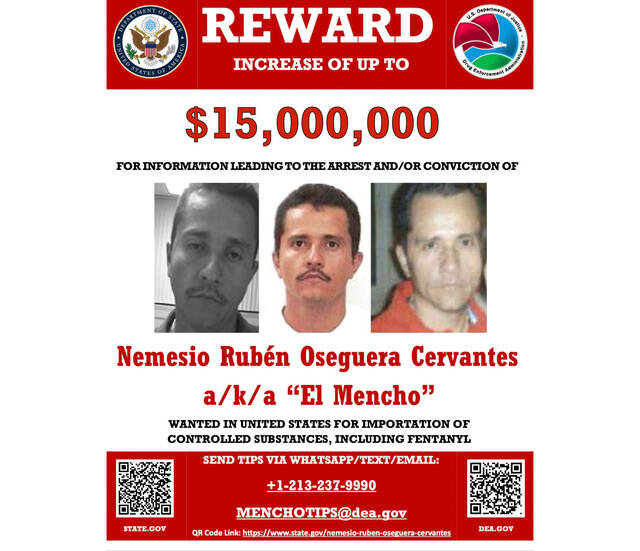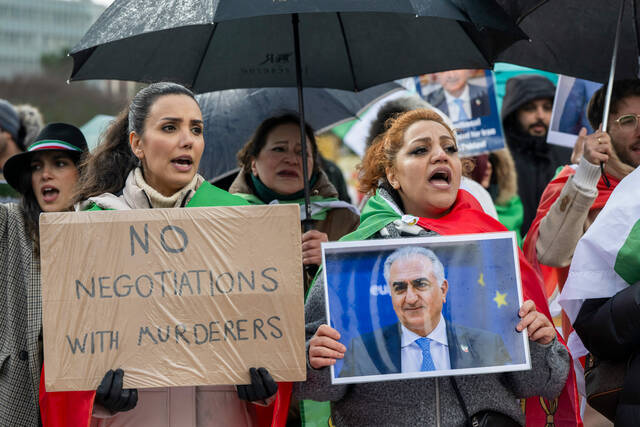VIRGINIA BEACH, Va. — Those who have helped manage victim funds after tragedies across the country have a warning for those who will be managing the one in Virginia Beach:
Proceed carefully — it’s not going to be easy.
Kenneth Feinberg, a Washington attorney who’s managed several high-profile victim funds, called the experience “harrowing.” It’s emotional work to put a price on pain and suffering, and victims and their families are going to have different ideas for how to use the money.
“Brace yourself,” he said, “because it’s going to be very, very frustrating.”
Here, the United Way of South Hampton Roads is handling the deluge of donations. Already it’s approaching $1.5 million. The city asked the nonprofit to take the lead early Saturday and by midday they’d announced the first big donation: $500,000 from TowneBank.
United Way has been the city’s fundraising partner since Hurricane Matthew, activating efforts anytime there is a disaster, spokeswoman Julie Hill said in an email. Its Virginia Beach Tragedy Fund is the only one that’s been approved or endorsed by the city.
It was set up separately from United Way’s general fund, and 100% of donations will go to the victims and their families, said Kelsey Mohring, a United Way spokeswoman. No processing or administrative fees are being charged.
United Way will collect the money, but it won’t have anything to do with dispersing it. Deciding who qualifies and how much they’ll receive will be the city’s decision, Mohring said. Funeral costs are the one exception to that — families of the 12 killed were given vouchers that instruct the funeral homes they choose to contact United Way for payment. That way, families won’t have to deal with the hassle of reimbursement, Mohring said.
There are a few things the city should do immediately, Feinberg said, who helped with victim funds after Sept. 11, the Boston Marathon bombing and the mass shootings in Aurora, Colo., and Orlando, Fla. He also helped advise the Hokie Spirit Memorial Fund after the 2007 shooting at Virginia Tech.
Virginia Beach has already taken the first step he advises, to set up one single fund. In Boston that was One Fund Boston, and in Orlando, after the Pulse nightclub shootings, it was One Fund Orlando.
That helps centralize the effort instead of fragmenting it, he said.
Yet some fragmenting has already begun. Friends and family of some of the victims have set up individual GoFundMe pages. Operation Blessing, the nonprofit founded by Pat Robertson that’s based in Virginia Beach, launched a fundraiser of its own Friday night before United Way’s involvement became known.
Operation Blessing has raised about $50,000 so far, said its president, Gordon Robertson. Initially, Robertson’s goal was to raise enough money to cover funeral costs. TowneBank earmarked its donation for that purpose, though, so now Robertson said his group will coordinate with United Way about how best to use the money they raise to directly support victims.
“This being right here in Virginia Beach and with so many people involved, we just had to do something,” Robertson said. “I couldn’t not respond. These are our neighbors. Let’s help our neighbors.”
It’s also important early on to establish the fund in a way that allows corporations to make tax-deductible donations, Feinberg said. In Boston, several Fortune 500 companies donated $1 million each — but they waited until they knew they would get the deduction, he said.
Gifts to individuals aren’t tax deductible. But Feinberg said gifts made to a broad victim community should be and have been considered tax deductible in every fund he’s worked with over the years.
So far, United Way says its accountants advise the donations aren’t tax deductible. Mohring said the group is still working through all of the tax implications, and that could change. She said it hasn’t been a deterrent for corporate giving so far, which accounts for most of what’s been raised.
Later, decisions will need to be made about how the money will be allocated and who will administer the program, Feinberg said. Will the city handle it directly or appoint a third party? Who will decide how to mediate any disputes? Who will decide who should be compensated and how much?
That’s where tough decisions often have to be made, Feinberg said, including deciding who is a victim.
There’s a general hierarchy that funds often follow when dispersing the money, although each community’s response will be different, he said.
At the top of those lists generally are the families of those killed, followed by survivors who were injured. A third group of people who can qualify for victim assistance funds are those who were in the vicinity of the shooting.
That could be a large group in Virginia Beach. Building 2, where the shooting took place, housed up to 400 people.
Sometimes that third group sees support; sometimes it doesn’t.
After the Virginia Tech shooting, the fund was large enough to compensate the students who were in classrooms where it took place. In Aurora, there wasn’t enough money to compensate anyone in the movie theater who wasn’t hospitalized with an injury.
It’s important to make sure the dead and physically injured are taken care of first, Feinburg said.
Lori Haas, whose daughter Emily survived a gunshot wound at Virginia Tech, said Virginia Beach city officials need to bring in experts to advise the fund. This isn’t like other disasters the city is used to handling.
“I’m sure that the players and people involved are well-intentioned, but unless you’ve been through the aftermath of a mass shooting, you may not know the best approach,” Haas said.
Haas directs the Virginia chapter of the Coalition to Stop Gun Violence and said survivors of mass shootings find shared solace in talking with each other. They have a tight network, and speaking with them is how she knows what works.
Families will need money to replace a lost breadwinner’s earnings or help with ongoing medical expenses for those injured, she said. They’ll need mental health counseling.
In a shooting’s aftermath, the victims and their families are in a fog, she said. They’re grieving, not thinking about the details of how the fund should support them. But by six months out, those details will matter.
•••
TO DONATE
United Way of South Hampton Roads is collecting donations for victims and their families on behalf of the City of Virginia Beach, which says 100% of funds will go to victims affected. There are several ways to donate:
Online at www.unitedwayshr.org/vabeach
Mail a check: Virginia Beach Tragedy Fund, c/o United Way, 2515 Walmer Ave., Norfolk, VA 23513
Through a GoFundMe account at www.gofundme.com/pes36f-virginia-beach-victim-support


